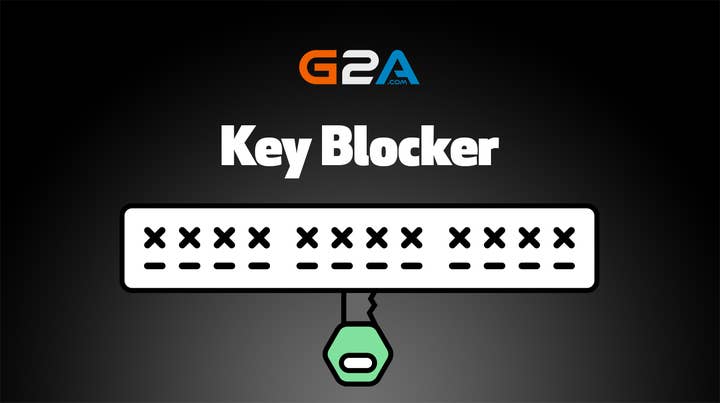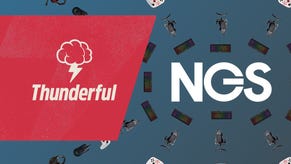G2A proposes key-blocking tool
But controversial marketplace wants at least 100 developers to register interest before it begins development
G2A has detailed a proposed solution to the many criticisms it has received over the past week: the ability for developers to block keys they don't want to be sold on its marketplace.
The company has come under fire from indie developers recently, with a petition even pushing for G2A to prevent any independent games from being sold through its site.
The indies' chief concerns include the fact that games sold through G2A are often cheaper than even the officially discounted versions developers sell through official channels. There are also questions as to how G2A users are able to acquire so many keys.
In an update on its website, G2A suggests there are two main sources of the keys developers are upset about: reviews (i.e. users pretending to be critics or influencers, but actually selling on the reveiw keys they sell) and giveaways (i.e. keys won in competitions or given away via social media).
G2A insists that these "represent a very small fraction of all the keys sold on the marketplace" but recognises they "may still be a real problem for the devs."
Its solution is a key-blocking tool. Under the proposed system, once developers have verified their identity, they will be able to specify the keys they do not want sold on the marketplace, classing them as either review or giveaway codes.
If a user tries to sell the developer's game via G2A, the company's algorithm will check against the keys specified. If there's a match, sellers will be notified that the key has been blocked and therefore cannot be sold on the marketplace.
In the case of giveaways specifically, if a user tries to sell more than three keys that developers have highlighted, "our system won't allow that."
G2A maintains that it has "no problems on our marketplace with people selling the keys they got from giveaways" but recognises some of these may have been gained using "unethical methods" such as bots.
However, the proposed key-blocking tool is not yet in development. G2A says doing so will be "time-consuming and expensive" and wants to know whether developers will use this system before it begins work on it.
There's a form on the company's site for developers to register interest. If at least 100 sign up in the next month (before August 15), work on the key-checking tool will begin.
G2A says that "to assure transparency", the list of interested developers will be made public. It has promised to keep providing public updates on the timeframe of how soon the key-blocker can be implemented.
"We are aware that this proposal doesn't solve all the issues," the company wrote, before addressing the ongoing petition against it.
"Many developers would like to permanently remove their games from the free market. While we understand their point of view, it's not a black or white situation.
"Both sides have valid points and should respect each other's arguments. G2A, like any other marketplace in the world, is to assure that independent sellers can offer the products they own for others to buy. This results in lower prices on games, electronics, gadgets and everything else gamers need. And this is what we're all about."
The backlash against G2A began last week, when No More Robots founder Mike Rose (who also created the petition) encouraged players to pirate their games rather than buy from G2A, since developers aren't compensated either way.
G2A has been struggling to counter the negativity this has triggered, although one employee tried to get journalists to publish an internally-written article without flagging it as such.









.jpg?width=291&height=164&fit=crop&quality=80&format=jpg&auto=webp)